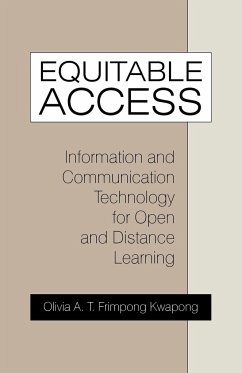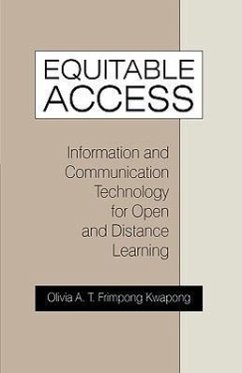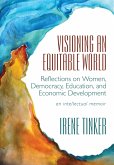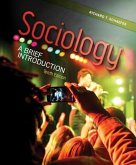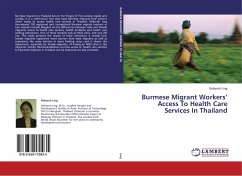Concerns about new learning environments have spurred the debate as to whether the new world of online teaching and virtual studying might be as closed to the developing world, especially the women, as the traditional universities were until the turn of the twentieth century. Gender specific and feminist research shows that women often have less access to technology, less control over the ICT (Information and Communication Technology) in their homes and places of work, and less confidence and competency in using these technologies. According to the United Nations, lack of access to information is the third most important issue facing women globally, after poverty and violence against women. Equitable Access looks in detail at the ODL (Online Distance Learning) and ICT situations in Ghana. The author provides a critical assessment of the strengths and threats to the development of an effective distance education program in tertiary institutions in Ghana, surfacing the need to promote equity in educational access. Based on a survey of distance learners in four public universities, the author navigates to the heart of issues and determines that in Ghana and for that matter Africa, the digital and gender divides could further widen if conscious effort is not made to mainstream ICT in all gender issues.
Hinweis: Dieser Artikel kann nur an eine deutsche Lieferadresse ausgeliefert werden.
Hinweis: Dieser Artikel kann nur an eine deutsche Lieferadresse ausgeliefert werden.

